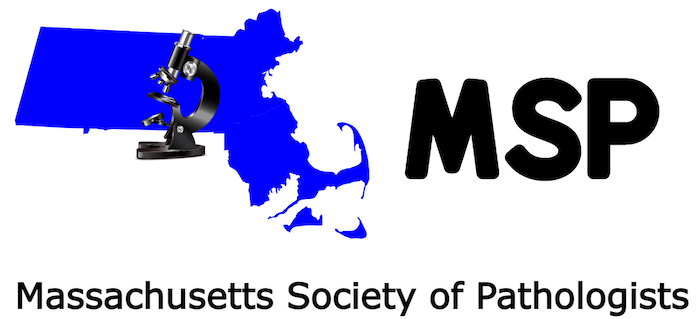|
Legislative Update for the MSP – October 2021 There are a several key items on the state and federal legislative side that we as pathologists and MSP members need to be aware of. The first of these is House Bill #2325 (Senate SD #1502) dealing with pharmacy testing. This bill seeks to establish a statewide protocol for pharmacists to test or screen for and initiate treatment or therapy for qualified health conditions such as: Influenza, Streptococcal infections, COVID-19 etc. The bill is basically seeking an increase in pharmacists’ scope of practice arising out of their expanded role during the COVID crisis. Although the CAP does not have a national position at present on the issue, the CAP does maintain that the interpretation of laboratory testing is the practice of medicine. The CAP has worked to mandate that pharmacists who conduct health screening and CLIA-waived tests be under physician supervision in a collaborative practice agreement, or have deferred to state pathology societies intentional direction to negotiate parameters on tests for pharmacists to perform or entirely block this expansion. There is no immediate activity expected on this bill and the MSP has decided to rely on the Mass Medical Society to follow and respond to the issues raised. A second bill filed in the House, #1137 (Senate SD #808), is an act intended to give cancer patients’ access to biomarker testing to provide them with appropriate therapy on a timely basis. The bill would mandate that insurance companies waive the requirement for prior authorization for tests in patients with advanced or metastatic stage 3 or 4 cancer. The bill does not, however, provide for pathologists / laboratories getting paid for such testing, an issue which the MSP feels could threaten future reimbursement. Some states have enacted coverage mandates for biomarker tests whereas other states have enacted legislation prohibiting prior authorization while not including a payment safeguard. The MSP has therefore partnered with the CAP to hire a contract lobbyist, Marty Walz, who we have worked with in the past on many important issues. In addition, we are exploring the inclusion of a reporting and payment impact analysis conducted by the Center for Health Information and Analysis (CHIA) on the impacts of a coverage mandate and payment where prior authorization has been waived for biomarker tests. There is no immediate movement of the bill expected, but we would like to have this additional favorable language inserted. The last issue deals with OON or “surprise billing” legislation including MA state actions and the implementation of the Federal No Surprises Act. In June of this year, Dr. Gang testified with many stakeholders against the setting of an out-of-network payment rate for both emergency and non-emergency health services before the Executive Office of Health and Human Services. In addition, Dr. Osgood sent a letter on behalf of the MSP to the Undersecretary for Health Policy opposing the establishment of a default out-of-network commercial rate. Recently, however, the Secretary of the Executive Office of Health and Human Services (EOHHS) in consultation with the Health Policy Commission (HPC), the Center for Health Information and Analysis (CHIA), and the Division of Insurance (DOI), have released a report which recommends enacting legislation to establish an out-of-network default rate for the fully insured market. Their claim is that this recommendation is consistent with the federal framework and action on the issue in the No Surprises Act of 2020. The Federal law in its Interim Final Rule Making as interpreted by HHS is also seeking to have a Qualifying Payment Amount (QPA) which would be the Median in-Network Rate, as the starting point for the Independent Dispute Resolution (IDR) process. This was not the intent of the legislation as both the proposed Federal and MA recommendations heavily favor the insurance industry in determining a fair OON payment. Numerous factors were supposed to be considered in the IDR process such as: prior contracted rates during the previous four plan years, level of training, experience, and quality of the provider, market share of both parties, patient acuity, the complexity of furnishing the item or service, and for providers deemed as facilities, its teaching status, scope of services, and case mix, as well as prior efforts of the non-participating provider and insurance plan to enter into a network agreement. Representatives Neal and Brady, authors of the bill from the Ways and Means Committee, are addressing what they consider to be a misinterpretation of the law’s intent as it gives undue weight to the QPA. Updates on all these bills will follow as more information becomes available.
David L. Gang, MD State Issue Advisor for MA College of American Pathologists |

